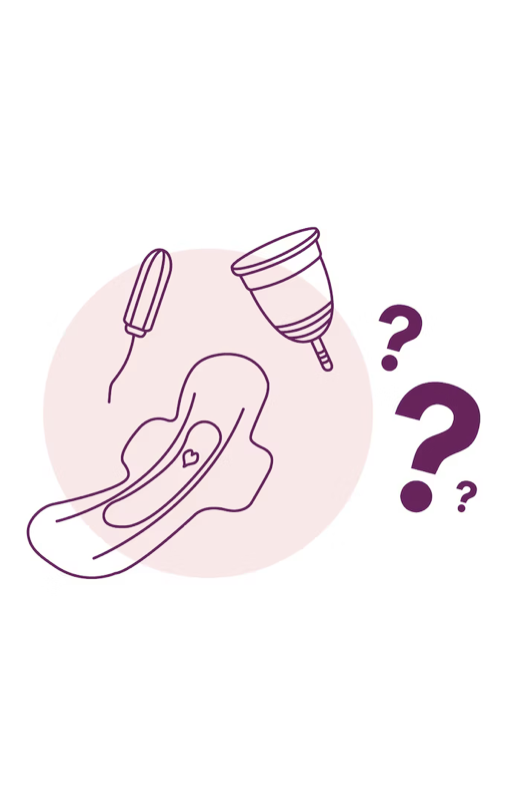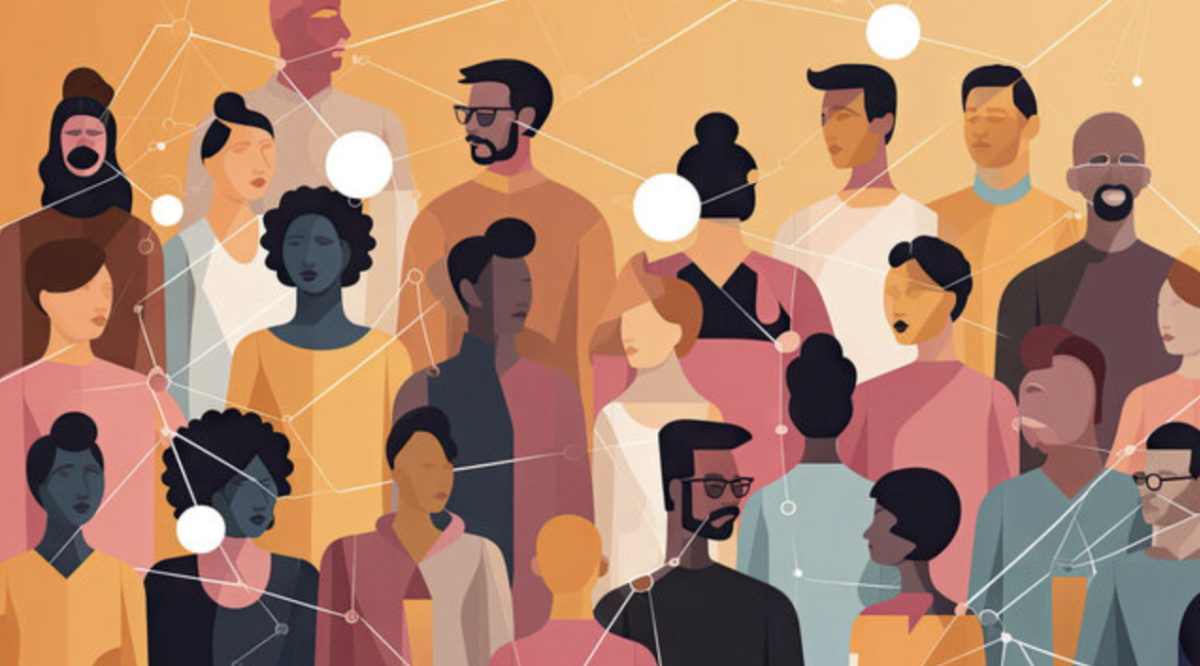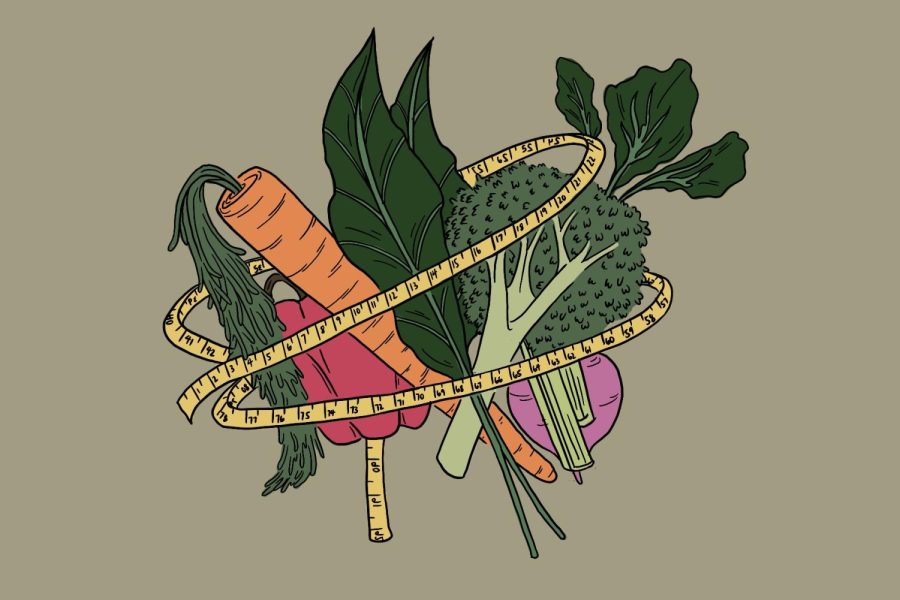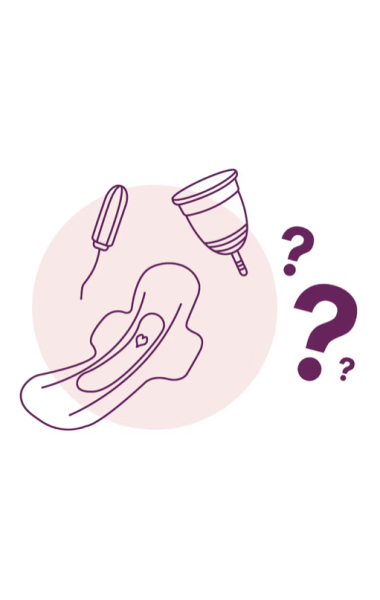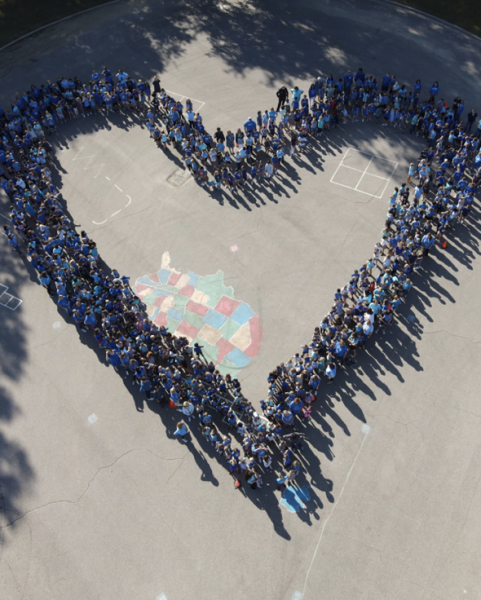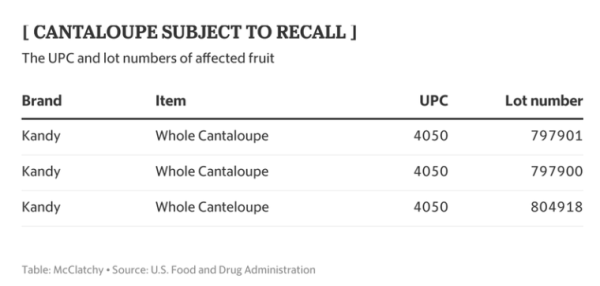We Need to Talk About Diet Culture
March 1, 2023
Diet culture refers to a group of societal expectations that praise thinness and appearance over health and emotional well-being. These beliefs prioritize making our bodies look a certain way to gain social acceptance, despite the mental and physical harm. This is problematic because it just simply isn’t true. Thinness is not an indicator of health; It cannot be determined based fully on body size.
Diet culture is fully ingrained in our society. Models on magazine covers are thin, social media constantly encourages weight loss trends, and even our own friends and family can add pressure to fit a certain standard. Our mothers probably started diets at a young age, just like their mothers did. These pressures aren’t necessarily their fault; they have internalized the same expectations we have. Many of us were raised by “almond moms,” which refers to mothers who criticize and shame their children about what eat. They are fixated on how little they eat and how much weight they lose, making derogatory comments about themselves and others. They unconsciously pass judgement on their kids, thus creating a toxic environment surrounding food and exercise that will last throughout their lives. Children watch their mothers go on diet after diet, manifesting in similar behaviors as they get older. One in four children have tried to diet by age 7.
Emphasis on extreme diets encourage restrictive and obsessive eating patterns. Nearly all diets involve a form of restrictive eating. This is physically and psychologically harmful, and often can lead to disordered eating patterns and potentially a diagnosable eating disorder. Eating disorders are the 2nd most deadly mental illnesses, killing 10,200 people a year. Over 30 million Americans are diagnosed with an eating disorder and affects about 9% of the world population.
Whether we realize it or not, many of us internalize the pressure that we need to lose weight or be a certain size. In reality, there is no such thing as the “right” or “ideal” body size. Take time to reflect and be mindful of how diet culture is impacting you; Reframing thought processes and healing harmful behaviors is challenging, however it will ultimately lead to a happier and healthier life.
If you or a loved one is struggling with an eating disorder, call or text 1-800-931-2237 to speak to a helpline. You are not alone.





